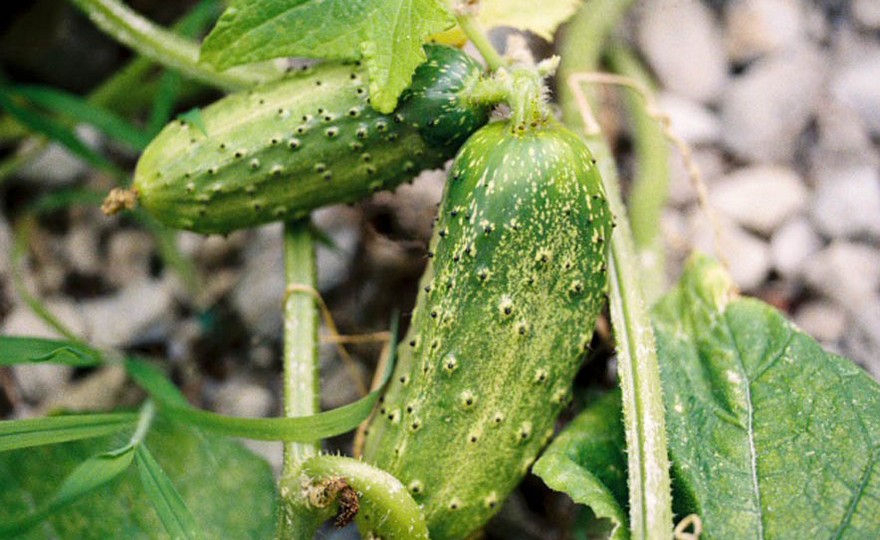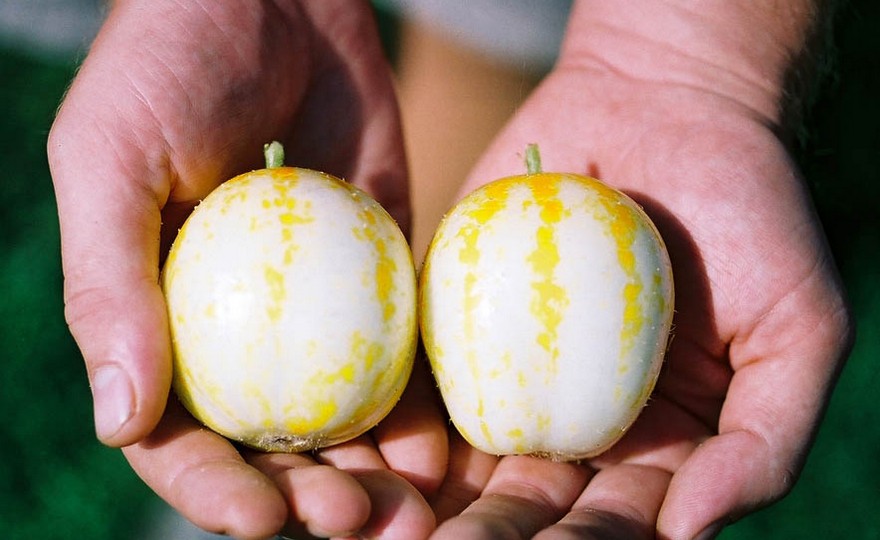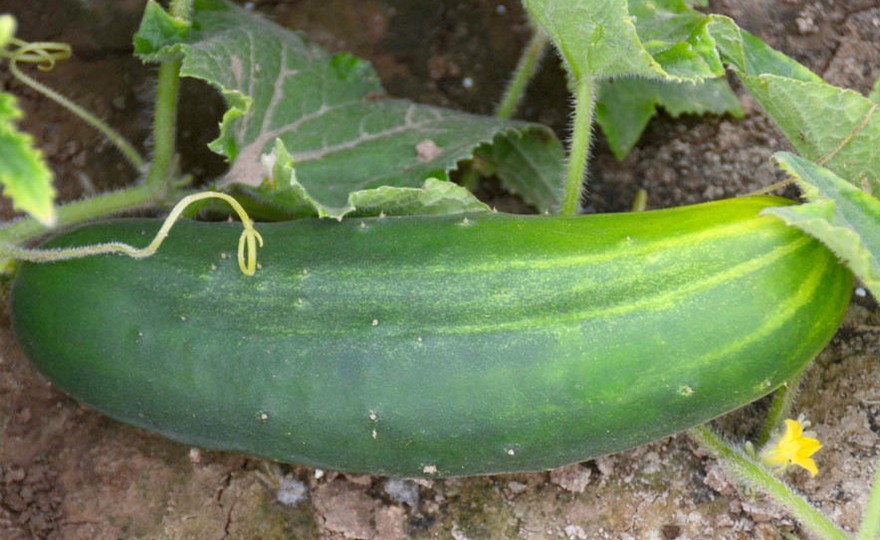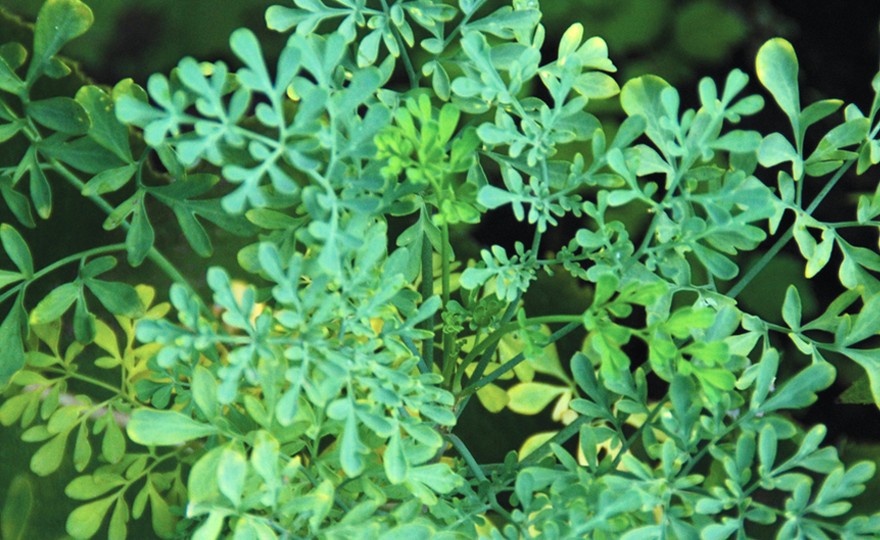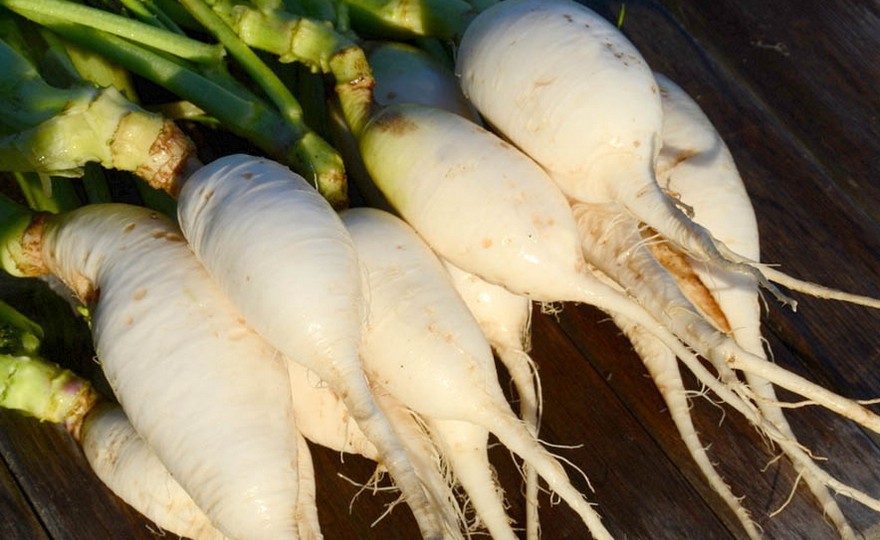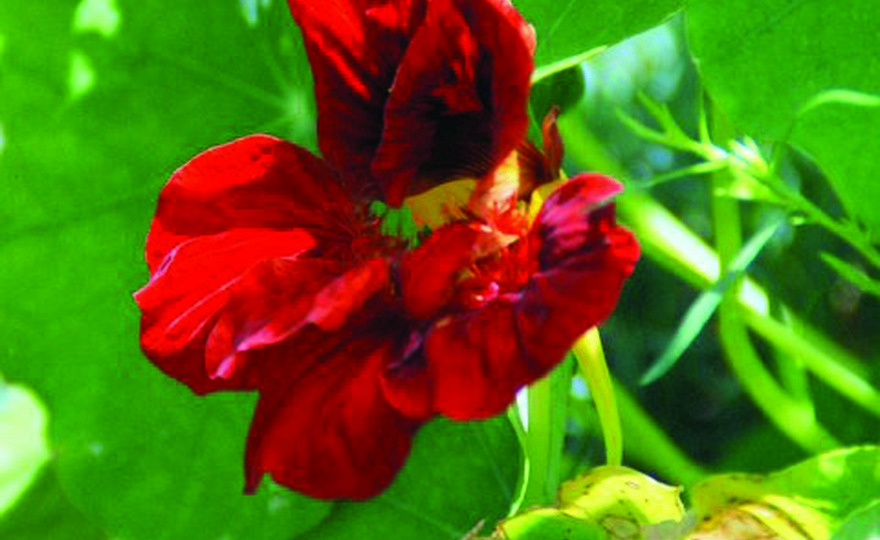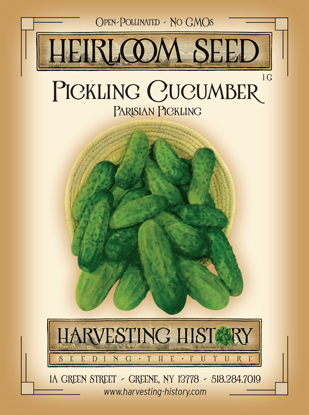
Pickling Cucumber, Parisian Pickling
-
- **SOLD OUT** HOLIDAY GIFTS **SOLD OUT**
- **SOLD OUT** Holiday Books **SOLD OUT**
- **SOLD OUT** Holiday Citrus **SOLD OUT**
- **SOLD OUT** Holiday Gift Certificates **SOLD OUT**
- **SOLD OUT** Holiday Paperwhites **SOLD OUT**
- **SOLD OUT** Holiday Praying Mantis Kits **SOLD OUT**
- **SOLD OUT** Holiday Tools **SOLD OUT**
- **SOLD OUT** Holiday Wildflower Mixtures **SOLD OUT**
- Citrus Trees
- **SOLD OUT** - Vegetable and Herb Plants - Mix & Match any 6 Plants for $50 - Only Shipped in Quantities of 6
- Elephant Ear Plants & Roots
- **SOLD OUT** 4-Inch Pot Herb Plants **SOLD OUT**
- Rare Plants
- **SOLD OUT** Vining Plants **SOLD OUT**
- Asian Seeds
- Beneficial Bugs
- Books
- Citrus Fertilizers
- Cold-Treated Bulbs - SEE BULBS FOR FALL PLANTING TO ORDER
- Cold-Treated Allium
- Cold-Treated Chionodoxa
- Cold-Treated Crocus
- Cold-Treated Hyacinthoides
- Cold-Treated Hyacinthus Orientalis
- Cold-Treated Narcissus
- Cold-Treated Cyclamineus Narcissus
- Cold-Treated Double Heirloom Narcissus
- Cold-Treated Jonquilla Narcissus
- Cold-Treated Large Cupped Narcissus
- Cold-Treated Poeticus Narcissus
- Cold-Treated Small Cupped Narcissus
- Cold-Treated Species Miniature Narcissus
- Cold-Treated Split Cupped Narcissus
- Cold-Treated Tazetta Narcissus
- Cold-Treated Triandus Narcissus
- Cold-Treated Trumpet Daffodils
- Cold-Treated Ornithogalum
- Cold-Treated Rock Garden Iris
- Cold-Treated Scilla
- Cold-Treated Tulips
- Cold-Treated Emperor Tulips
- Cold-Treated Fringed Tulips
- Cold-Treated Green or Viridiflora Tulips
- Cold-Treated Lily Flowering Tulips
- Cold-Treated Parrot Tulips
- Cold-Treated Peony Flowering Tulips
- Cold-Treated Single Early Tulips
- Cold-Treated Single Late Tulips
- Cold-Treated Species Tulips
- Cold-Treated Triumph Tulips
- Flower Bulbs, Corms and Tubers
- Bulbs for Spring Planting
- Bulbs for Fall Planting - ALL BULBS AVAILABLE ARE COLD TREATED FOR PLANTING AS SOON AS SOIL CAN BE WORKED
- Fall Blooming Bulbs
- Garden Tools & Equipment
- Gift Certificates
- HHH Exclusive Wildflower Mixtures
- Wildflower Mixtures
- Heirloom Garlic
- Potatoes
- Roots & Sets
- Seeds
- Flowers
- Herbs
- Vegetables
- **SOLD OUT** HOLIDAY GIFTS **SOLD OUT**
-
- No products to compare
-
75 in stock
Quick Overview
PICKLING CUCUMBER, Parisian Pickling –
Cucumis sativus
FULL SUN Probably native to Asia and Africa, cucumbers have been cultivated for more than 3,000 years. Introduced around 1892, this rare French heirloom is a true gherkin or cornichon – a tiny (2 in.) cucumber with unusual sweetness. Plant in late spring after danger of frost has passed and the soil has warmed to a depth of 6 in. Plant in hills, 4 ft. apart. When seedlings are 3 in. high, thin, leaving 4 plants per hill. Well rotted manure or compost dug into the soil where the seeds are to be planted is highly beneficial.
| Type | Spacing | Planting Depth | Days to Germination | Maturity |
| Pickling | 6-8 in. | 1 in. | 7-10 | 65 |

Pickling Cucumber, Parisian Pickling
It is generally agreed that cucumbers originated in India and have been under cultivation for at least 3000 years. From India, the pant was introduced into China and then into the West. Both the Greeks and the Romans knew and grew the cucumber. With the possible exception of some gherkins grown in the West Indies, they were not indigenous to the New World, but they quickly became popular after the European explorers introduced them. Benjamin Watson in his book Heirloom Vegetables states, “In 1535 Jacques Cartier mentioned seeing large cucumbers being grown in what is now Montreal, and in 1539 DeSoto found Indians in Florida growing cucumbers that were ‘better than those of Spain’.” Cucumbers are usually classified as either pickling or slicing varieties, but many varieties can be used as both. The fruits vary enormously in size and shape, but the color is usually a shade of green – from dark to the palest greenish white. Lemon cucumbers, however, are streaked with bright yellow.

